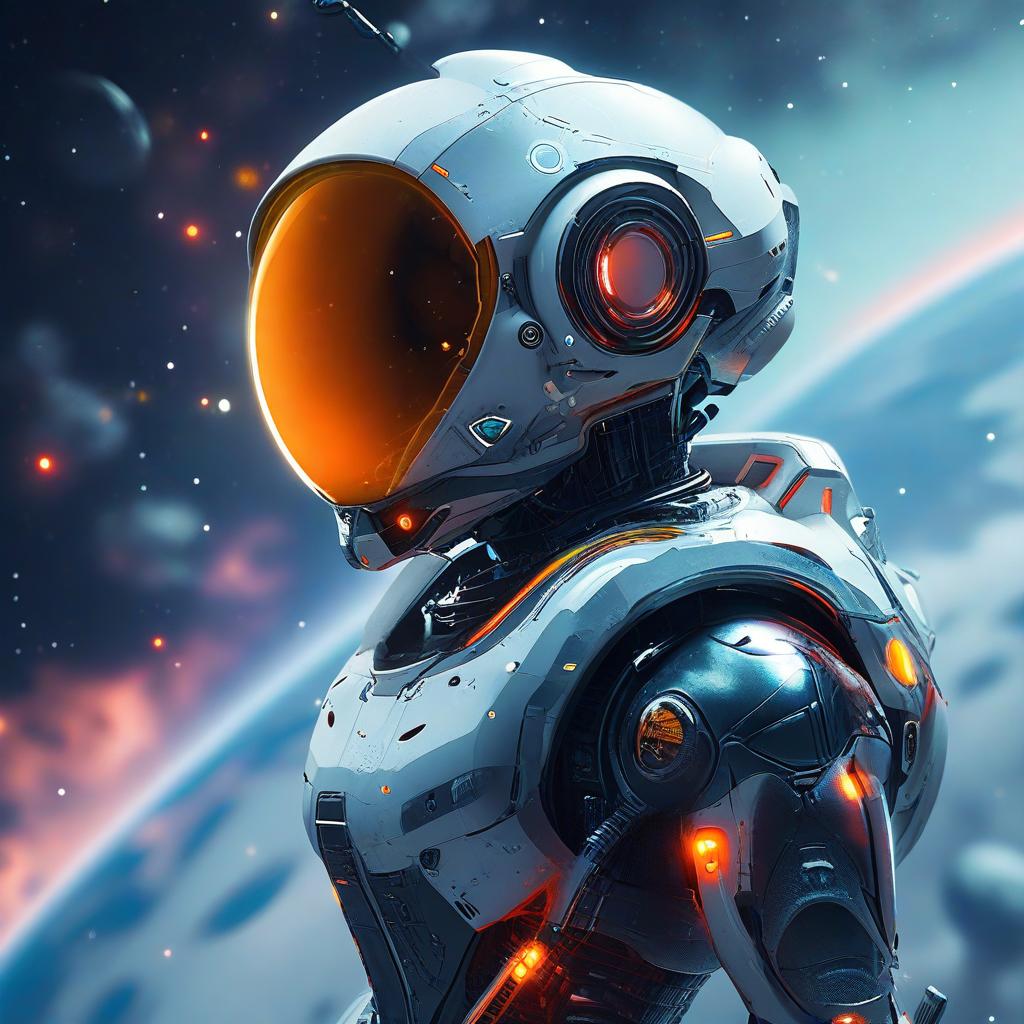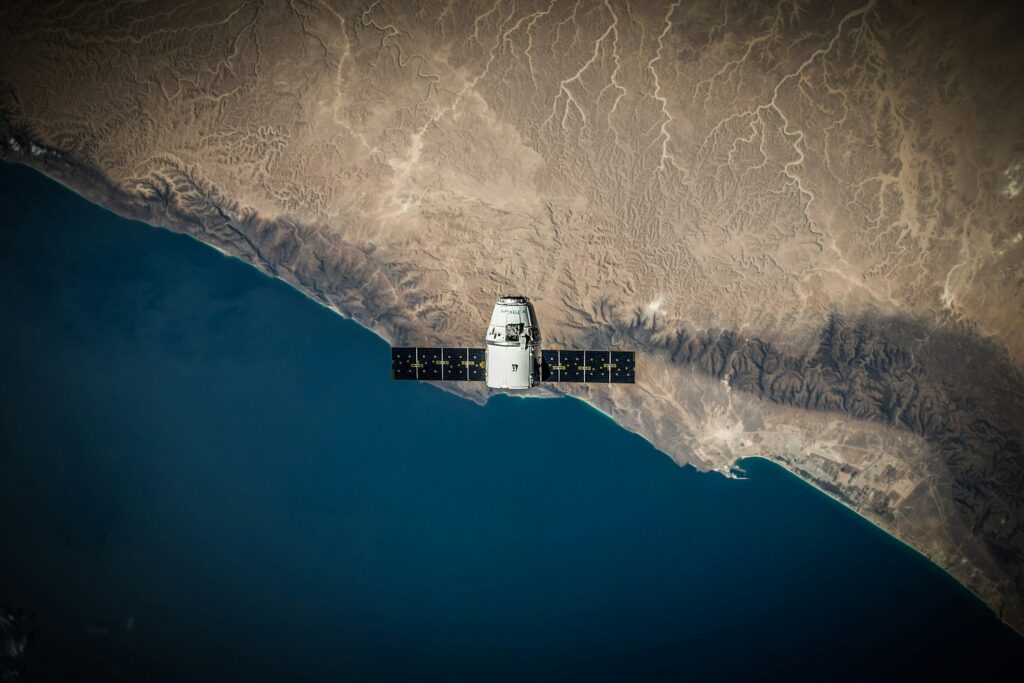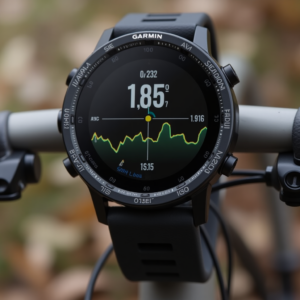
Explore how AI is transforming space exploration through autonomous robotics, enabling planetary exploration, resource mapping, and spacecraft navigation. Learn how AI-driven systems enhance the capabilities of space missions.
AI in Autonomous Robotics for Space Exploration
Artificial Intelligence (AI) is transforming space exploration by enhancing the autonomy of robotic systems used for planetary exploration, spacecraft navigation, and resource mapping. AI-driven systems allow robots and spacecraft to operate independently in the harsh environments of space, improving the efficiency and success rates of space missions.
Autonomous Planetary Exploration
AI-Driven Mars and Lunar Rovers
AI has revolutionized planetary exploration, enabling autonomous rovers like NASA’s Perseverance and Curiosity to navigate the surface of Mars without constant human intervention. These rovers use AI to make real-time decisions about their navigation paths, obstacle avoidance, and scientific sampling. AI systems analyze data from cameras, LiDAR, and other sensors to ensure that the rovers can safely explore challenging terrain while maximizing scientific output.
Resource Mapping with AI
AI is also used to map resources on planetary bodies, such as water ice deposits on the Moon or mineral-rich areas on Mars. AI algorithms process satellite and rover data to identify potential resources, providing critical information for future space missions and human colonization efforts.
AI in Spacecraft Navigation and Communication
AI-Powered Autonomous Spacecraft
AI is playing a vital role in the navigation and operation of spacecraft, allowing for autonomous decision-making during deep-space missions. Spacecraft equipped with AI systems can adjust their trajectories, avoid collisions with space debris, and optimize communication with Earth. This is particularly important for long-duration missions to distant planets, where communication delays make real-time human control impossible.

AI for Satellite Swarms
In the near future, AI will enable the coordination of satellite swarms—groups of satellites working together to perform tasks like Earth observation or space debris monitoring. AI systems will manage the communication and collaboration between these satellites, ensuring optimal performance and data collection.
AI is revolutionizing space exploration by enabling autonomous robotics, resource mapping, and spacecraft navigation. These advancements are pushing the boundaries of what humans can achieve in space, making AI an essential tool for future space missions and planetary exploration.


